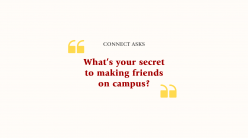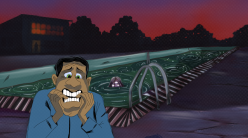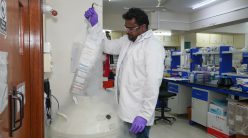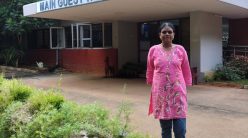How clubs are helping UG students find their feet
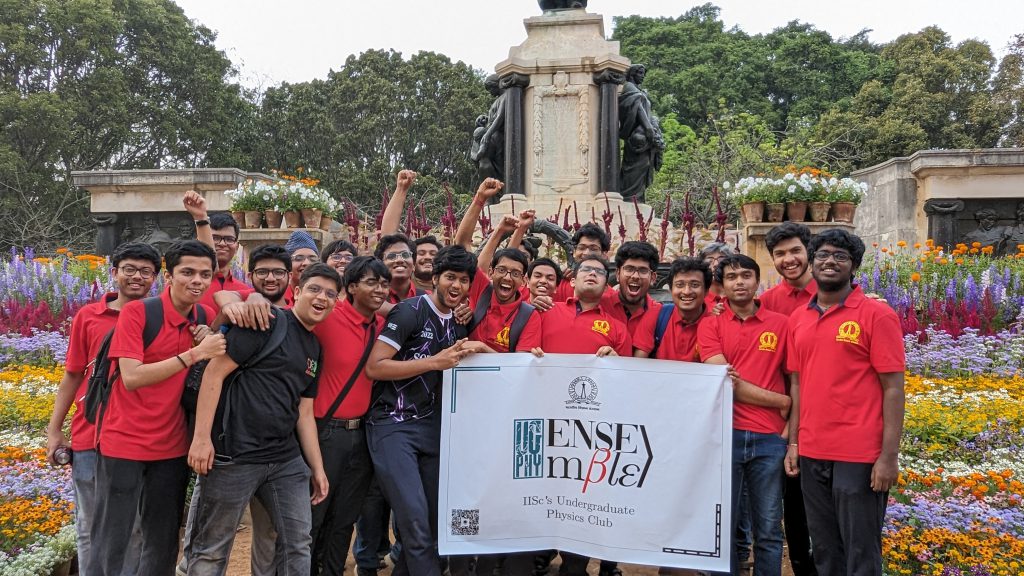
School exams were done, and Abhishek Kundu could finally take a break. But not for long. He had yet to decide what he was going to pursue for his undergraduate studies. It was a tough decision, one that would shape his whole life.
He had always liked biology, so pursuing medicine seemed an obvious choice. But he also wanted to explore other sciences, especially physics – the theoretical rigour was very attractive to him.
In the end, he decided to join IISc and pursue a biology major, but he still felt some misgivings about his decision. His uncertainties deepened as he had no one to talk this out with – his friends had all chosen medicine and engineering. One day, a few weeks after joining, he heard about campus clubs from a friend. Curious, he attended two of them on a whim – Naturalists and Ensemble, the biology and physics clubs. And his world changed.
‘Suddenly, you need to adjust to a new routine, new food, and find people you can rely upon’
Abhishek found people just as excited about science and had long discussions with them. He explored the nitty-gritty of the subjects, discovering concepts beyond his school curricula. Eventually, realising that his real fascination lay in high-energy physics, he switched his major to physics. He never looked back.
Every year, more than a hundred students join the undergraduate courses at IISc. After spending years preparing for fiercely competitive exams, many struggle to settle in after the rat race. For most, being good at academics had defined their identity. But at IISc, where they meet equally excellent peers, it becomes daunting to find one’s footing, a challenge only heightened by the fact that for most students, this is their first time away from home and support systems. “Suddenly, you need to adjust to a new routine, new food, and find people you can rely upon for any help. The comfort zone you were in since childhood is gone,” says Abhishek, who is now in his third year of the Bachelor of Science (Research) programme.
In addition, coming to terms with the realities of the research process is often difficult. The grit needed for scientific rigour often shatters one’s childhood image of spontaneous and stochastic discoveries in research, mainly driven by pop culture, forcing students to reorient their interests and rediscover a passion for familiar subjects. They must first find the apple tree and the perfect spot to sit, before expecting any fruit to fall.
“Learning in school stems from solving problems involving concepts you have already learned. Whereas in research, you have to [first] figure out the question and then try to answer it. We are not just trying to acquire known information from the books but create it,” says Nikshay Chugh, a third-year Bachelor of Science (Research) student.
And that is where UG clubs help, by easing this transition for students. Unlike textbook-heavy high school curricula, the group of clubs collectively and colloquially called AASCEND – Astrae, Amalgam, Samasya, Catalysts, Ensemble, Naturalists, Debug – offer a plethora of opportunities for students to explore and experience cutting-edge research. The clubs span diverse subjects from astronomy to mathematics. Through talks, lab sessions and lectures, they introduce the UG community to the wonders of these fields and equip them with the necessary skills and exposure.
“Ensemble’s sessions helped in broadening my horizons and understanding things which were not taught in class, which helped me approach research problems in a better way,” says Nikshay.
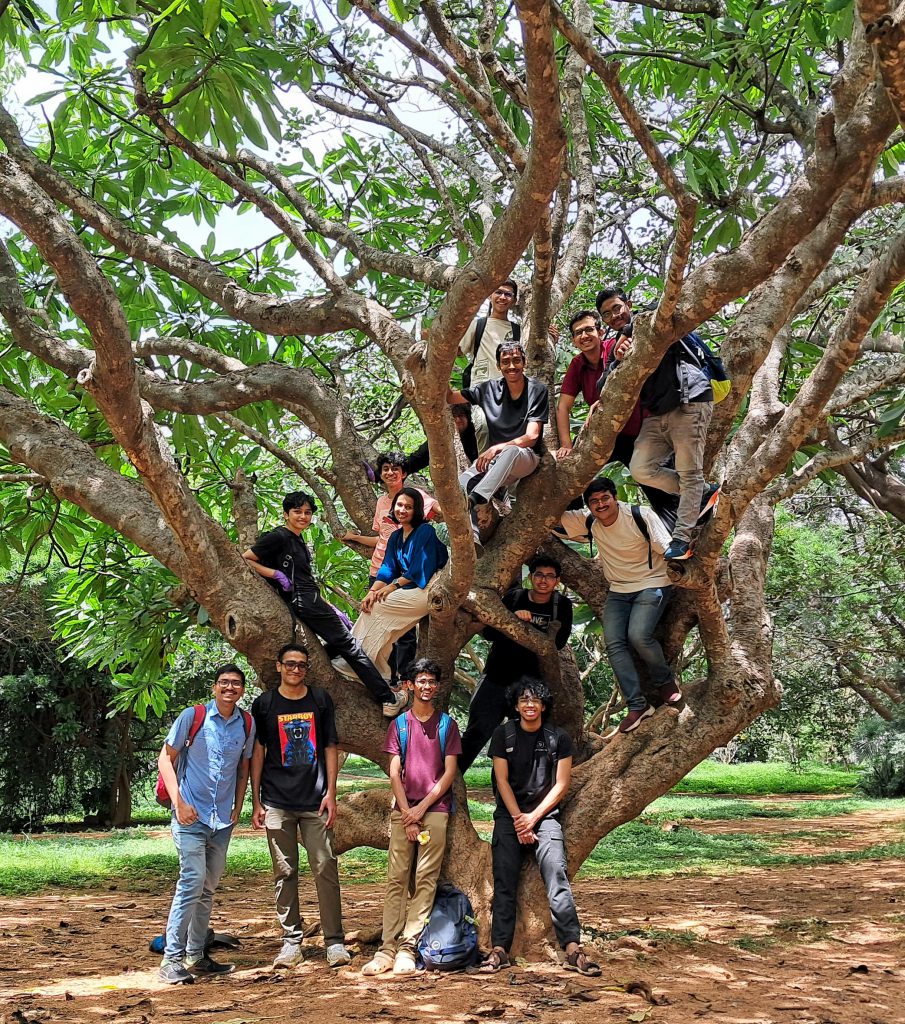
A window into science
The AASCEND clubs were started about eight years ago by enthusiastic UG students in each field. At the beginning of each year, members are inducted together in a joint orientation. The meetings, lectures, and events are open to anyone interested in knowing more about the fields.
This flexibility of membership helps students experience interdisciplinary approaches to science. “It is difficult to explore subjects which aren’t your majors, which may lead to a confinement of views. The clubs help us stay in touch with at least the recent happenings in different spheres of science, with regular talks that are accessible to most students, irrespective of their background,” says Sheersh Sen, third-year Bachelor of Science (Research) student and a member of Ensemble.
The clubs help us stay in touch with at least the recent happenings in different spheres of science
Rahul Chavan, a third-year Bachelor of Science (Research) student and a member of Naturalists, the UG biology club, says, “A majority of students joining the UG programme haven’t studied biology after 10th standard. Since the UG programme has three semesters of compulsory biology courses, our sessions focus on giving them exposure to research and techniques used in real settings.” Members of this club have lab sessions exploring various techniques, talks by researchers on the latest developments in their fields, and member presentations.
The clubs also help students find internships through a database of various labs and research being conducted at IISc and scholarship programmes abroad. “We also want to set up lab rotations wherein each student will visit different labs to experience how lab work is conducted and what professors share similar research interests,” says Nikshay.
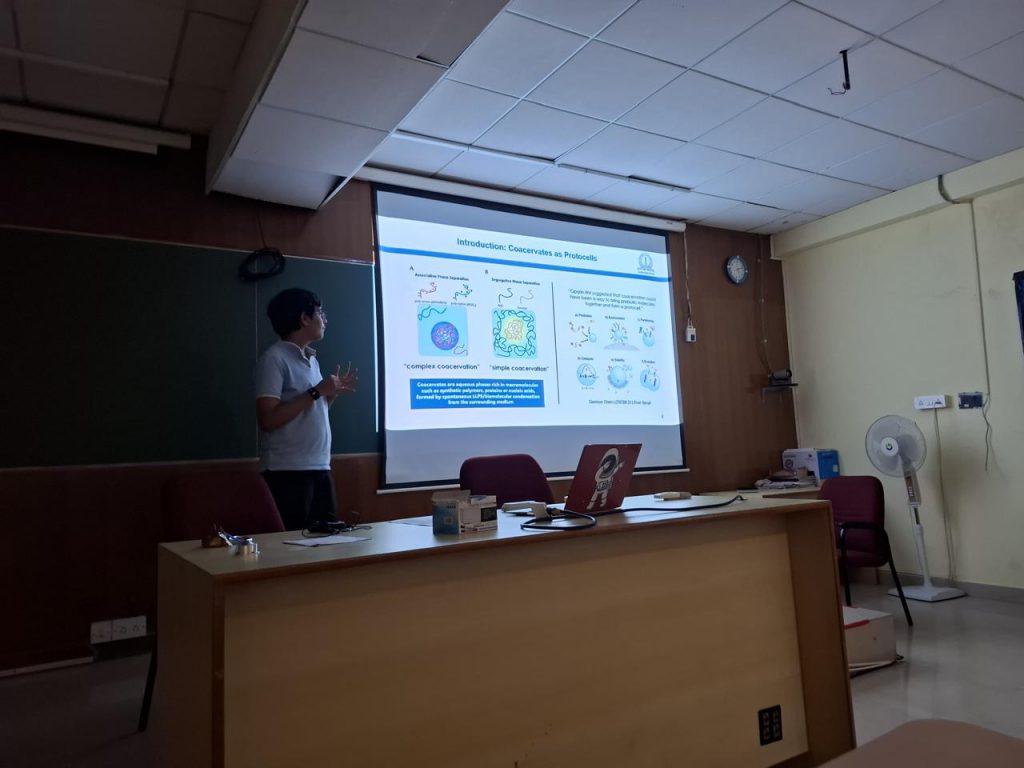
Finding identity
Beyond just academics, students transitioning from high school to college face significant challenges in other aspects of life too, like finding a community and hobbies to fill their time. For years before joining IISc, Avani had dedicated all her time to preparing for NEET. A few months into her Bachelor of Science (Research) course, she heard about a book club on campus. She thought she would try out one session and ended up discovering a sense of belonging. She felt she was among her peers. They shared stories, discussed their favourite authors, and debated plot twists … and Avani not only found community but also the motivation to take up reading again. Soon, she became the club’s convenor, helping others on the journey that transformed her.
College years are when one starts to breathe a bit easily and take time to find one’s own identity. “The deadlines here are always a week or a month away, so I can use my time for hobbies. This is unlike school, where all of it went back to studying more,” says Abhiram M, a Master of Science student, who has been part of the Rhythmica, the music club, since his Bachelor’s. Trained in classical music for 14 years before IISc, he started exploring Western music after joining Rhythmica and now plays a multitude of instruments.
But with this new freedom also comes a sense of insecurity. Making decisions without constant supervision means the consequences also fall on their shoulders. “You feel lost because you think others around you have secure ideas of what they want to do in life. In contrast, you feel like you lack that stability,” says Anurag Sarkar, a second-year Bachelor of Science (Research) student.
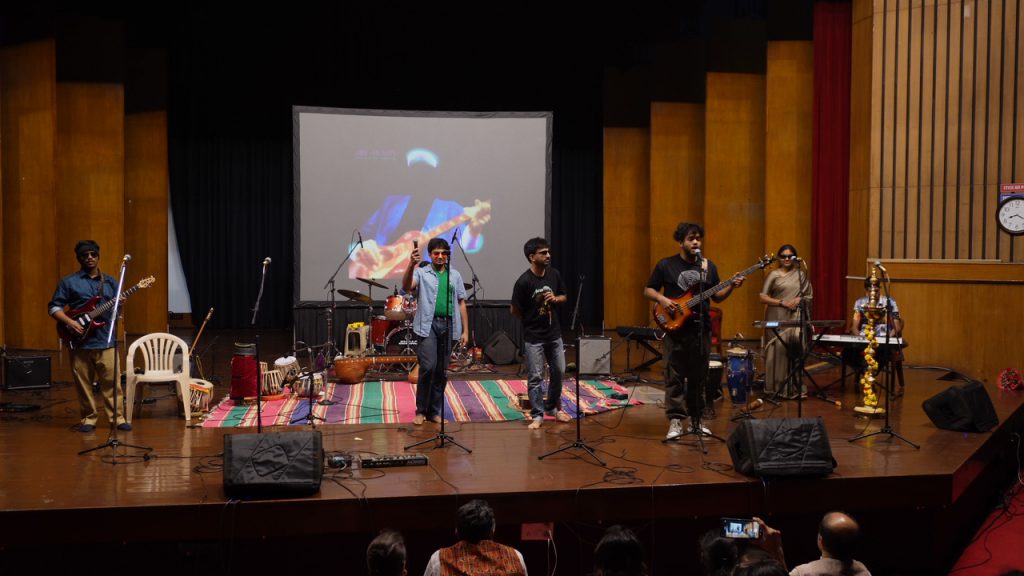
The extracurricular clubs on campus allow students to work through these fears and meet like-minded people. Anurag joined the book club, just like Avani, and found his calling among peers who shared similar uncertainties and were open to talking about them.
These extracurricular clubs also engage beginners and help them acquire skills in different fields. Some clubs are even set up with flexible times so that students can balance academic work. “Rhythmica started an academy because people in college couldn’t start learning music from a proper teacher due to time constraints. We dial down the seriousness to match how much effort students can put in. It also helps us connect with the instrument, practise more, and return to our basics,” explains Abhiram.
Others formulate systems to reduce the barrier to entry. “We’re planning to set up a repository where members can recommend books to others. When you have such a diverse crowd, where people like different styles and periods of literature, it makes sense to catalogue all these experiences in one place,” Anurag adds.
Meeting people with the same interests also helps students remain motivated about their hobbies. “Clubs, in a way, force you to make time for the hobby and rethink your priorities. You won’t want to miss practice before an important show; other people in the team motivate you to keep going,” says Abhiram.
Apart from being a space for networking and exposure, these clubs also provide leadership and management experience for UG students. “You need to coordinate a bunch of people to reach a consensus. There’s no way to keep everybody happy, and you learn to agree and compromise such that no one feels left out,” explains Abhiram. “A club should strike a balance such that there is something for everyone. If it is elitist, it might scare the hobbyists away, whereas casual gatherings can do the same for a seasoned passionate.”
‘A club should strike a balance such that there is something for everyone’
With an ever-increasing population of undergraduates coming to the Institute each year, the clubs at IISc play a significant role in shaping the personalities of these young researchers. Education has to go beyond just academics, and these clubs provide the tools one needs to become the person that they want to be. Avani says, “Because of these clubs, the time here at IISc has been kind of a journey to discover who I am and what exactly I think I want to be.”
Shloak Vatsal is a third-year Bachelor of Science (Research) student at IISc, and a former science writing intern at the Office of Communications
